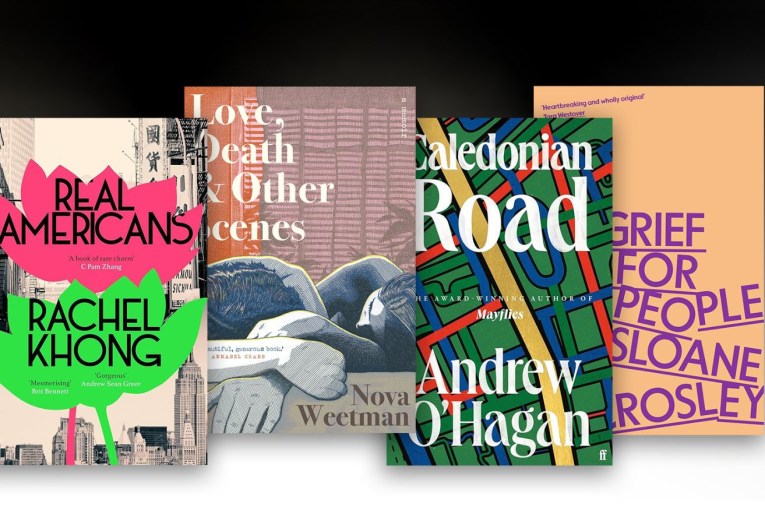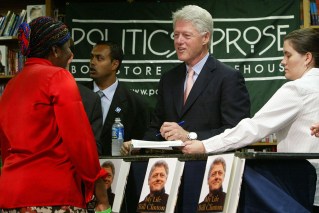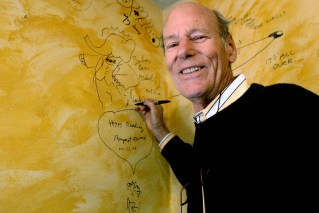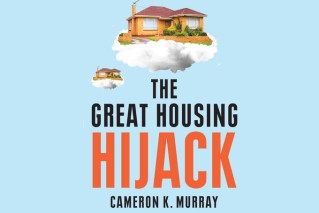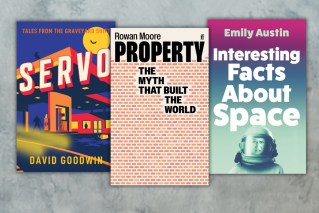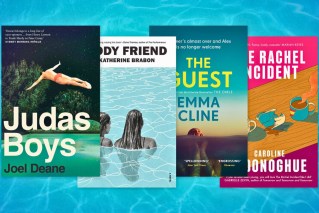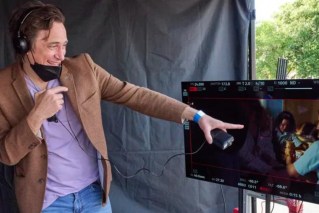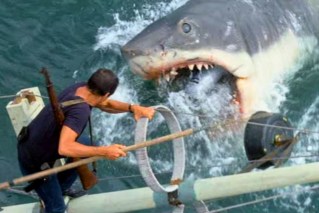Movie adaptations of books: The best and worst

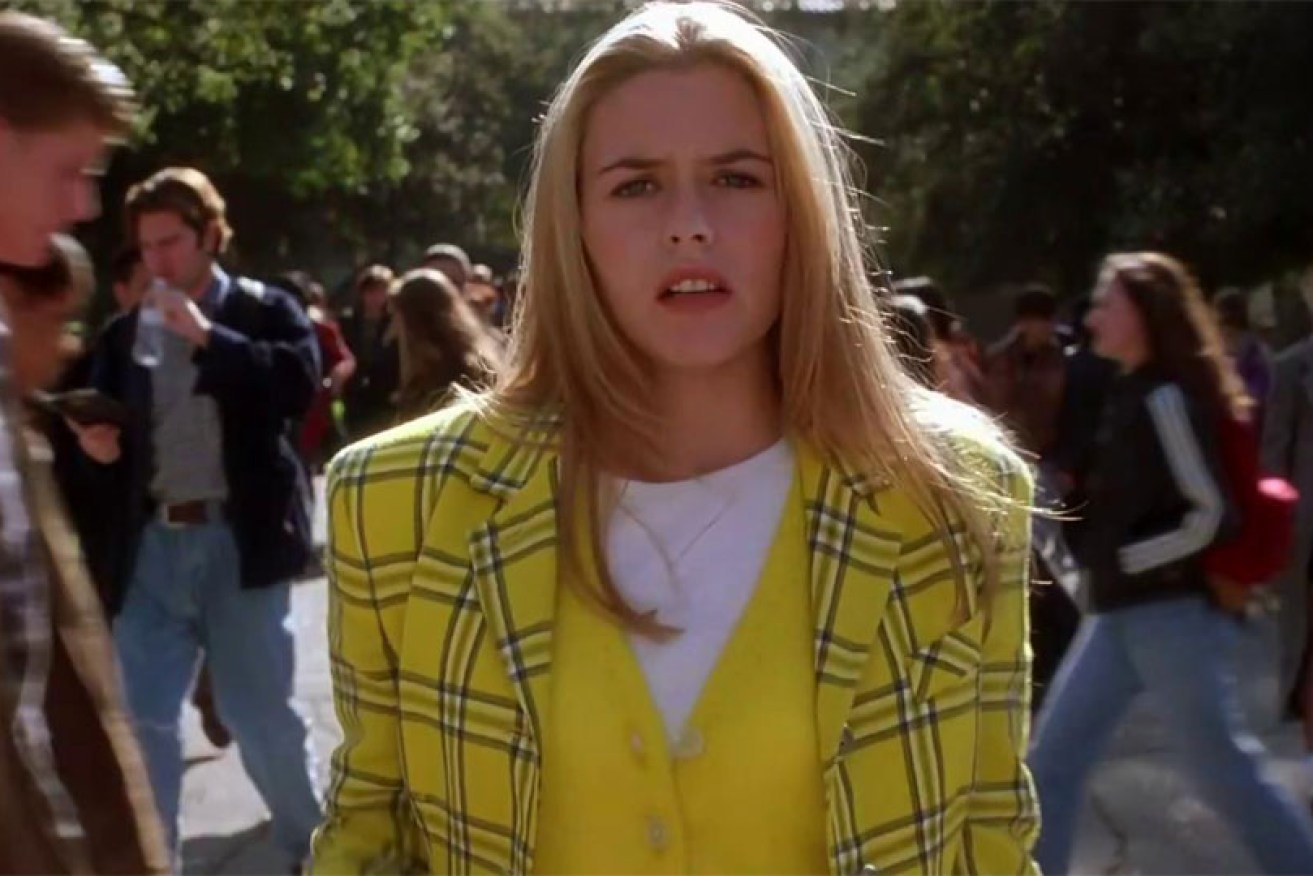
That was way harsh: Alicia SIlverstone kills it as Cher in 2005's Clueless. Photo: Paramount Pictures
It’s a debate guaranteed to revive even the most banal of dinner parties: Do movie adaptations of books ever really do their original text justice?
Here’s a few examples to get the conversation started before the release of some very cool-looking adaptations in 2020.
Little Women, by Louisa May Alcott
This tale of the four poor yet genteel March sisters struggling to survive in post-Civil War Massachusetts was given a strong cinematic voice with Gillian Armstrong’s 1994 effort starring Winona Ryder, Susan Sarandon and Kirsten Dunst. Ryder was ballsy as rebellious writer Jo, but will newcomer Saoirse Ronan surpass her in the feisty tomboy stakes in Greta Gerwig’s remake set to hit cinemas on January 1? Also starring Emma Watson, Laura Dern and Meryl Streep, the movie is a “new classic”, critics say.
Brokeback Mountain, by Annie Proulx
This story of the forbidden love between cowboys Jack Twist and Ennis del Mar in 1960s Wyoming is one the most iconic moments in queer film history. Adapted from Proulx’s short story, there is little criticism of ignoring elements of the book and it captures its raw passion, beauty and heartbreak with interspersed moments of serenity and violence. A-listers Heath Ledger and Jake Gyllenhaal brought gay relationships to the fore on its 2005 release and critics loved it too — it won Best Director, Best Score and Best Adapted Screenplay at the 2006 Oscars.
Emma, by Jane Austen
Could Alicia Silverstone have played it any cooler as Jane Austen’s privileged teenage meddling matchmaker Cher (Emma Woodhouse in the book) in 1995’s Clueless? I say no. Setting a classic period drama in narcissistic contemporary LA high school life was a masterstroke, as was adding gay character Christian as an unsuitable suitor – Frank Churchill in the book. The sassy ensemble with an extraordinary vocab also helped us forget the dreadful 1996 Gwyneth Paltrow version. But there’s a new player with the Autumn de Wilde-directed remake starring Anya Taylor-Joy and Bill Nighy set to hit the big screen on February 13. The trailers look respectable, but time will tell if it’s a true mischief maker.
Anything by Stephen King
Film adaptations of the master of the macabre’s works have about a 50-50 success rate. In the thumbs-up column: Rita Hayworth and the Shawshank Redemption and The Body (Stand By Me), ably supported by Misery, The Green Mile, The Shining, Christine, Carrie and the new IT (c’mon, it was OK). All captured the intention and intensity of King’s novels and some artistic licence aside, were pretty loyal to the source material. In the not-so-much column, there’s the recent release of The Dark Tower (zzzzz), the so-so Dr Sleep and the truly tragic Thinner. But all must bow down to the supremely crappy The Lawnmower Man. We’d rather watch two hours of YouTube videos on how to start a Victa than sit through that again.
Gone Girl, by Gillian Flynn
A masterpiece of surprise, this wonderful diary-style relationship-kidnap-murder drama was brought to life in all its bloodied messiness brilliantly thanks to fantastic performances by Ben Affleck and Rosamund Pike in the 2014 film. These two are cray-cray. Put it on your holiday watch again list.
The Hobbit, by J.R.R. Tolkien
Director Peter Jackson was really pushing the audience friendship he built with with his epically amazing Lord of the Rings trilogy when he made The Hobbit. Three full-length features from this wonderfully happy (and quite short) tale was a big stretch. Of course, in this case it’s the reverse of not fitting in all the details from the book – he found more stuff to fill the films with.
Ladies in Black by Madeleine St John
Breaker Morant director Bruce Beresford’s 20-plus-year effort to bring St John’s Australian novel to the big screen was disappointingly only so-so. Despite a wonderful cast including Susie Porter and Shane Jacobson and import Julia Ormond, this 1950s Sydney department store drama was stilted, overly sweet and a tad staid.
Memoirs of a Geisha by Arthur Golden
The 2005 film of the same name did justice to this beautifully written novel offering a first-person insight into the life of a Japanese geisha in pre and post-WWII. Think sweeping cinematic beauty, poignant moments of pain, betrayal, tradition, sex and cruelty of war.
Which adaptions did you love or loathe?
